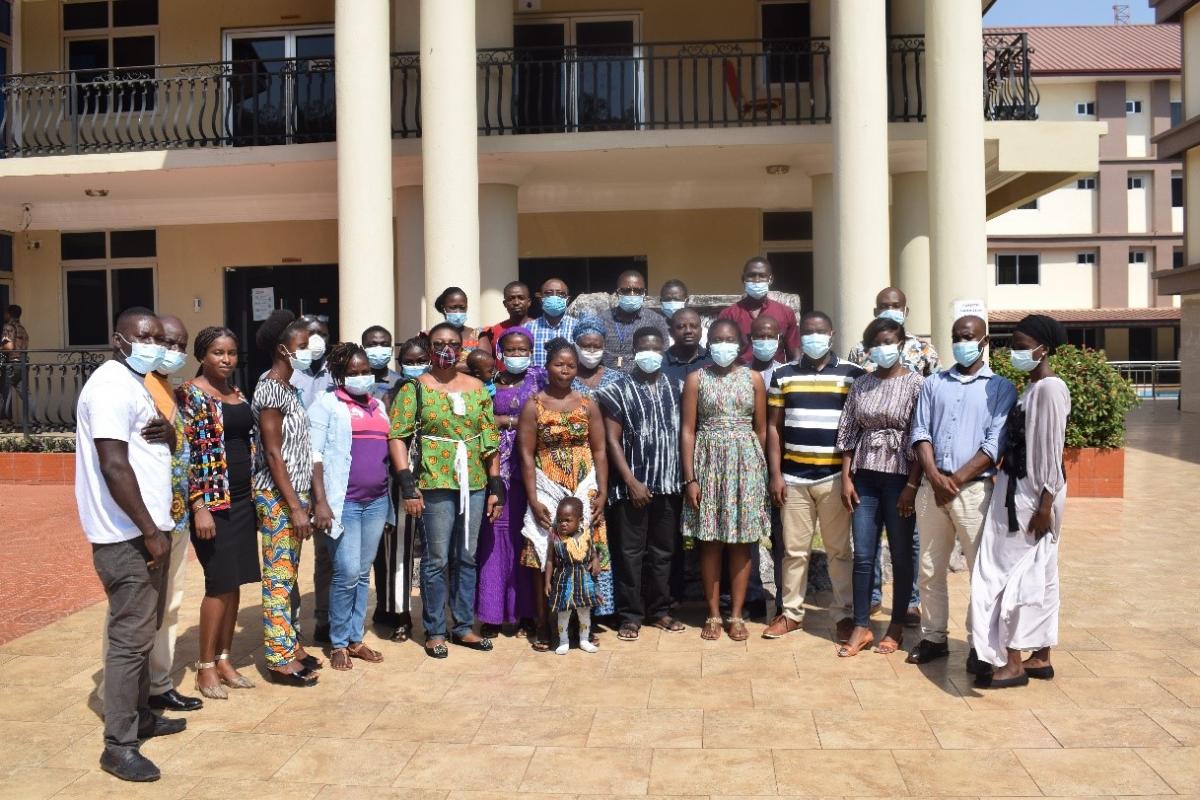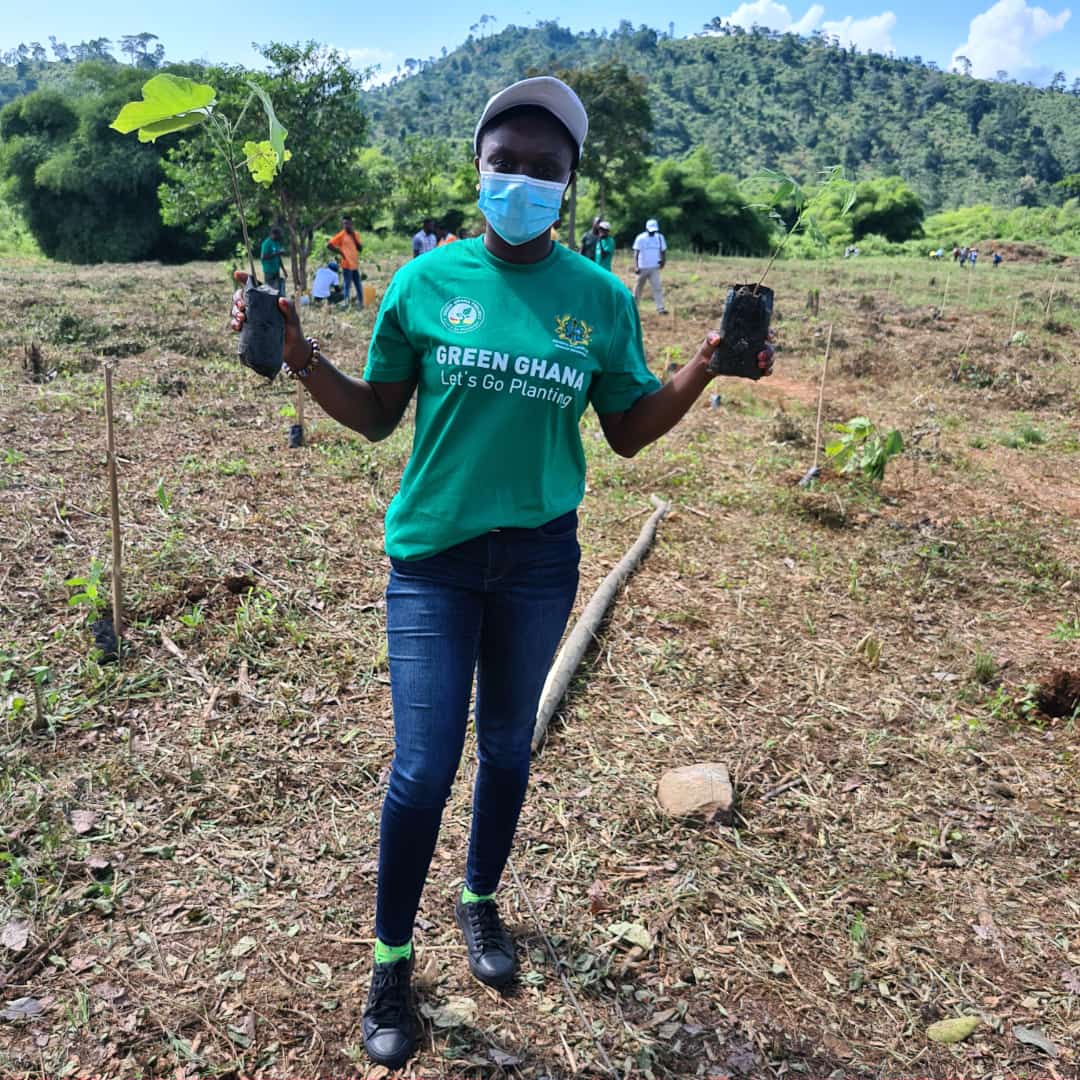Producer organisations in Ghana grow restoration skills
Forest and farm producer organisations in Ghana gather to expand their restoration leadership capacity through learning to apply the restoration opportunities assessment methodology as a tool for sustainable business.

Photo: IUCN
Thirteen forest and farm producer organisations (FFPOs) in Ghana trained in the restoration opportunities assessment methodology (ROAM) to better their understanding of restoration and business with the guidance of IUCN and FAO under the auspices of the Forest and Farm Facility (FFF), Phase II project. The project seeks to support FFPOs to become primary change agents for climate resilient landscapes and improved livelihoods, and landscape restoration plays a key role in this change.
Training objectives:
- Training of trainers to be able to apply the ROAM tool to suit their unique business interest.
- Increase understanding on the restoration process, identify potential restoration actions and the implications in FFPO communities and operations.
- Empower FFPOs on the forest landscape restoration (FLR) approach and ROAM, for application in their business operations.
Representatives of the organizations came from three agro-ecological zones in Ghana, namely savannah zone, transition zone and the high forest zone.
The training focussed on:
- Appreciating the linkages between nature, life and livelihoods;
- Understanding degradation and drivers in the landscape;
- Understanding restoration;
- Key elements of assessing and prioritising FLR opportunities – the ROAM process:
- Elaboration the ROAM roadmap; and
- Organising the work.
Conclusion
The representatives of the 13 FFPOs committed to extending what they learned to other FFPOs in their landscapes as well as applying ROAM knowledge to practical situations. The results presented by each group for a given ecological zone were the subject of a synthesis, which added valuable content to a training manual for peasant and forestry organizations on the ROAM tool. This practical manual will be scaled-up to serve other organizations in Ghana and beyond, where there is need to further involve community associations in the identification and implementation of mosaic restoration interventions.
For more information: Ghana farmers and producers trained on forest landscape restoration methodologies. | FAO in Ghana | Food and Agriculture Organization of the United Nations


